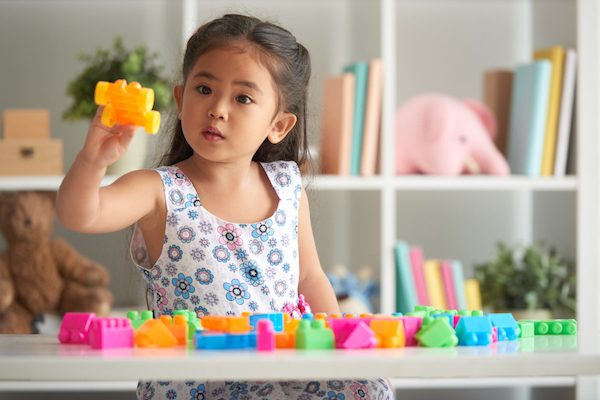Montessori education and traditional education differ in various ways, some of which are highlighted below:

Approach to learning
Traditional education systems are teacher-centred, where the teacher is the primary source of knowledge and children receive information through lectures and textbooks.
Conversely, Montessori education is child-centred, where children take the lead in their own learning process, with the teacher acting as a facilitator.
Environment
Traditional education typically involves same-aged children in a classroom, whereas Montessori education often combines multiple age groups in one classroom to encourage peer learning and social interaction.
Additionally, Montessori classrooms are designed to be more interactive and hands-on, with various learning materials available for children to explore.


Curriculum
Traditional education follows a fixed curriculum with children learning the same subjects at the same pace.
In contrast, Montessori education offers a more flexible curriculum that adapts to the learning pace of the child, allowing them to progress at their own rate.
Assessment
Traditional education relies on external evaluations to measure a child’s progress, whereas Montessori education places greater emphasis on self-assessment.
This approach empowers children to evaluate their own learning and take responsi sibility for their progress, promoting independence and critical thinking skills.

